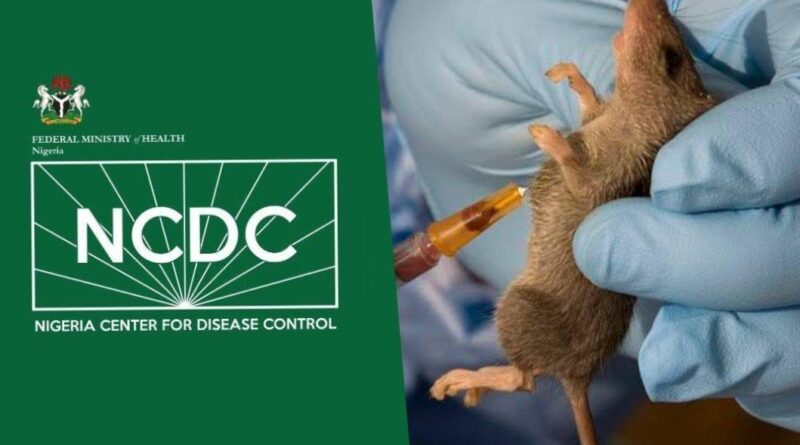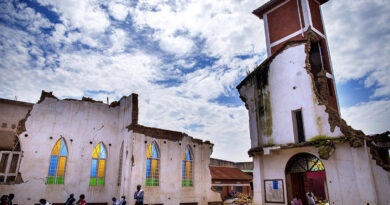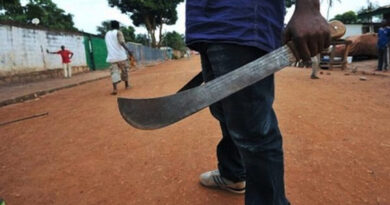Lassa Fever Cases Rise In Nigeria as Death Toll Climbs to 143.
Nigeria is currently battling a significant spike in Lassa fever cases, with the Nigeria Centre for Disease Control (NCDC) confirming 11 new infections in Week 23 of 2025. So far this year, the deadly viral disease has claimed 143 lives, with a concerning Case Fatality Rate (CFR) of 18.9% — higher than the 17.8% recorded during the same period last year.
The NCDC, in its latest situation report, expressed concern over the rising fatality rate, indicating that more people are dying from the disease despite ongoing response efforts.
The newest confirmed cases were reported from Ondo, Edo, Bauchi, and Taraba States. Alarmingly, one of the newly infected is a healthcare worker — highlighting the constant risk frontline health personnel face in high-exposure areas.
So far, 18 states and 96 Local Government Areas (LGAs) have recorded at least one confirmed case. Ondo, Bauchi, Edo, Taraba, and Ebonyi remain the hardest-hit, accounting for 90% of all reported cases — with Ondo State alone contributing 31%.
Young adults between the ages of 21 and 30 are the most affected demographic, and the male-to-female infection ratio is 1:0.8.
To manage the outbreak, the NCDC has activated its multi-partner Incident Management System, which coordinates efforts across national and state levels. Key strategies include: Enhanced disease surveillance and early case detection, Training for health workers in high-risk LGAs and Community awareness and risk communication.
Read Also: Nigeria Plans Emergency Evacuation of its Citizens in Iran and Israel.
NCDC Director-General, Dr. Jide Idris, emphasized the importance of early diagnosis, warning that delays in seeking medical care significantly increase the risk of death.
To support frontline health workers and facilities, the agency has dispatched essential supplies such as Personal Protective Equipment (PPE), antiviral drugs like Ribavirin, and hygiene materials to the affected states.
Despite ongoing interventions, several challenges remain Low public awareness, especially in rural areas, Poor sanitation and rodent control, High cost of treatment and limited access to healthcare and Delay in seeking medical help after symptoms appear.
With support from the World Health Organization (WHO), health workers in Bauchi, Ebonyi, and Benue have received specialized training on handling Lassa fever cases. The NCDC is also rolling out public health campaigns in high-risk communities to educate residents on prevention and symptoms.
The NCDC advises the public to Practice good hygiene and proper waste disposal, Avoid contact with rodents and their droppings and Seek medical help immediately if you experience fever, vomiting, or unexplained bleeding.
The NCDC says it remains committed to reducing the spread and impact of Lassa fever through a coordinated, nationwide response. However, community support is crucial. Everyone has a role to play in preventing the spread of this deadly disease — from improved sanitation practices to timely medical intervention.
Content Credit| Agbetan Bisola
Image Credit | von.gov.ng




